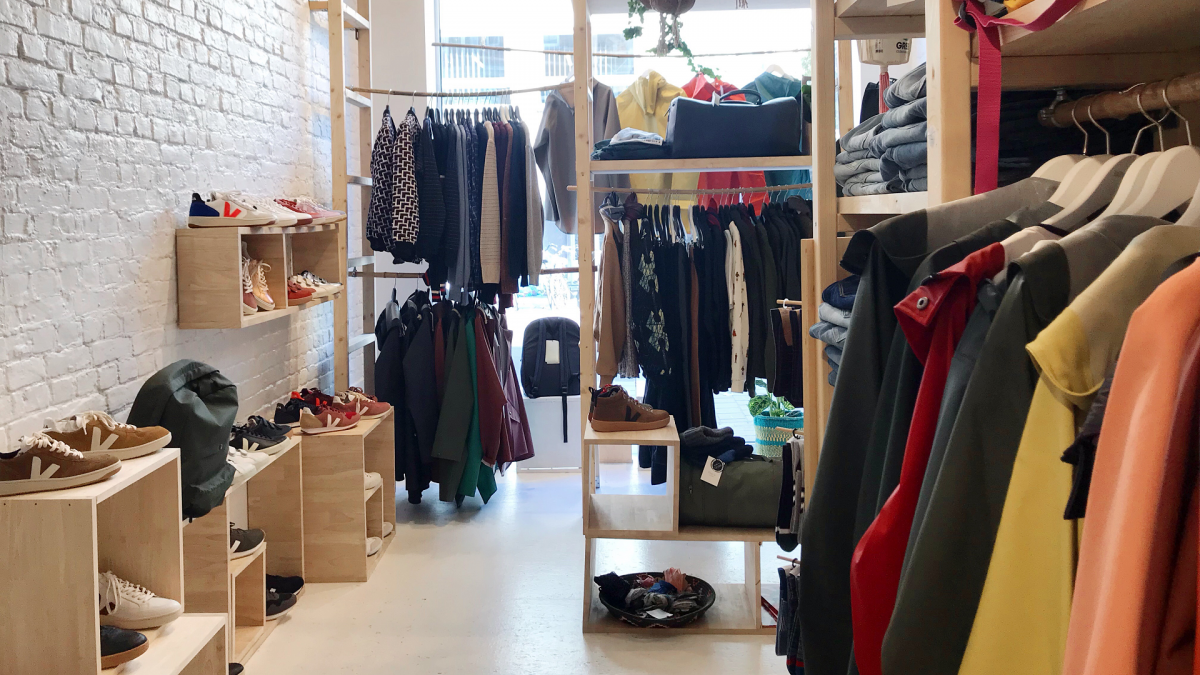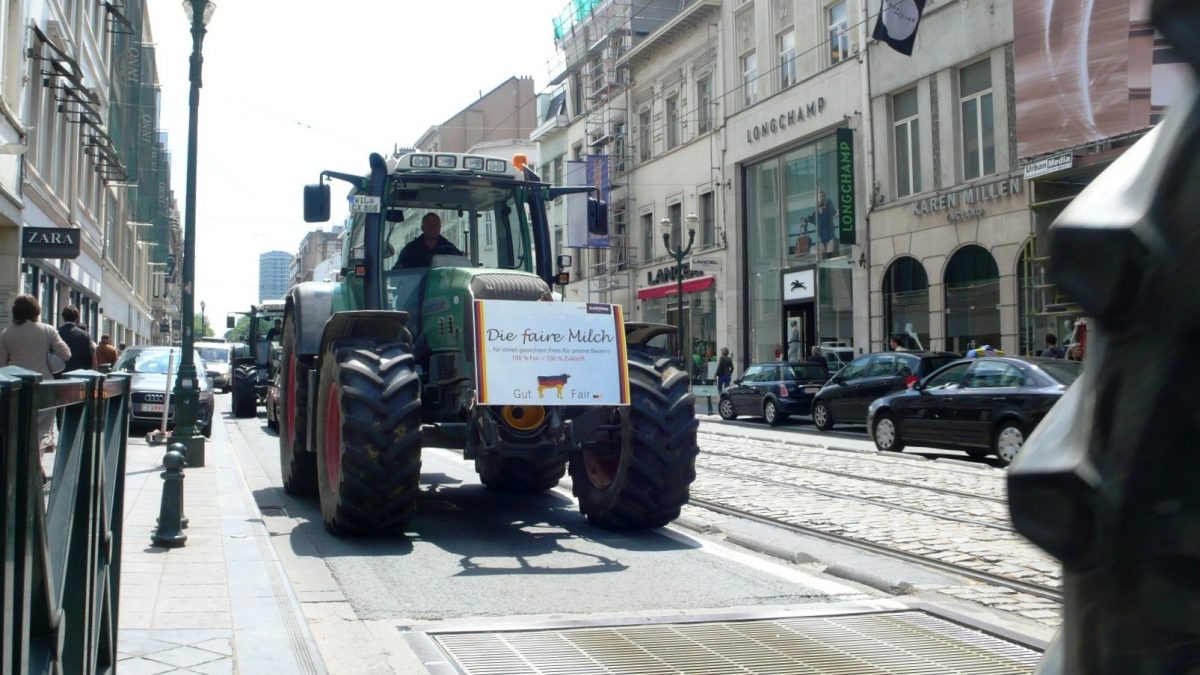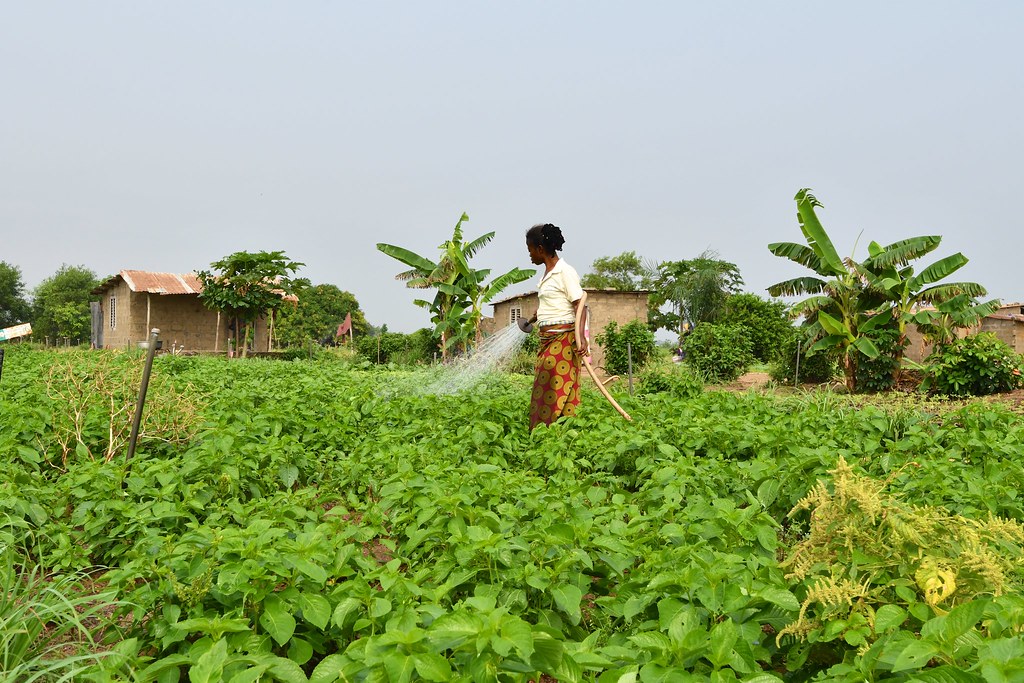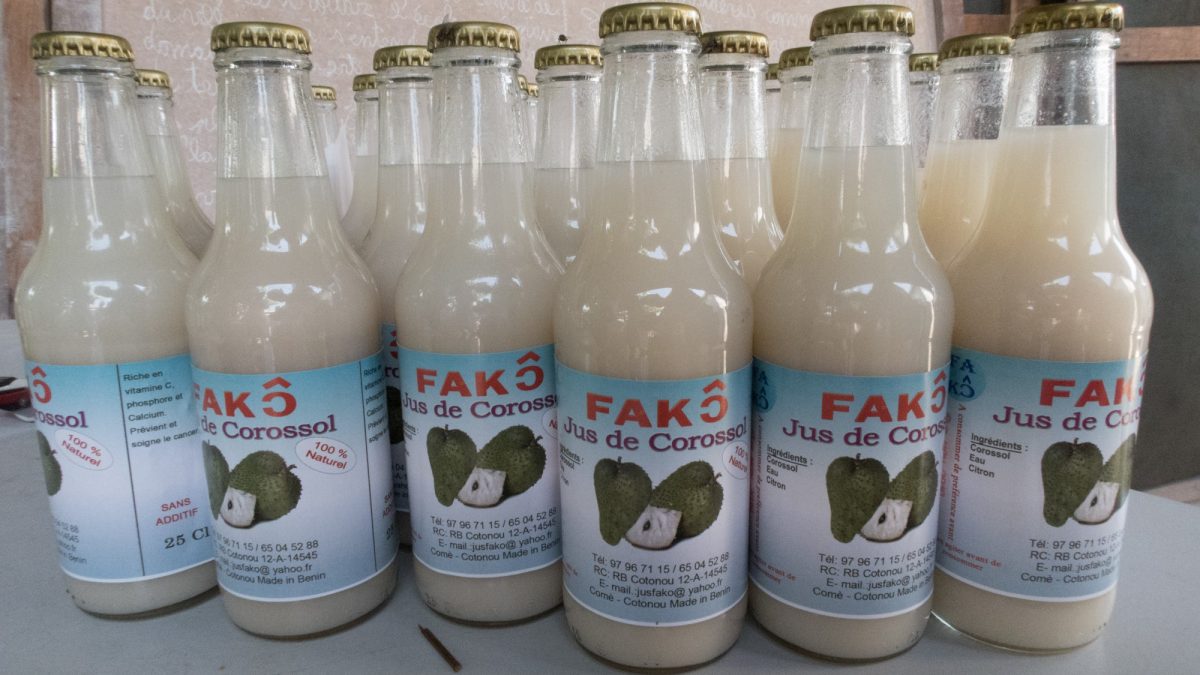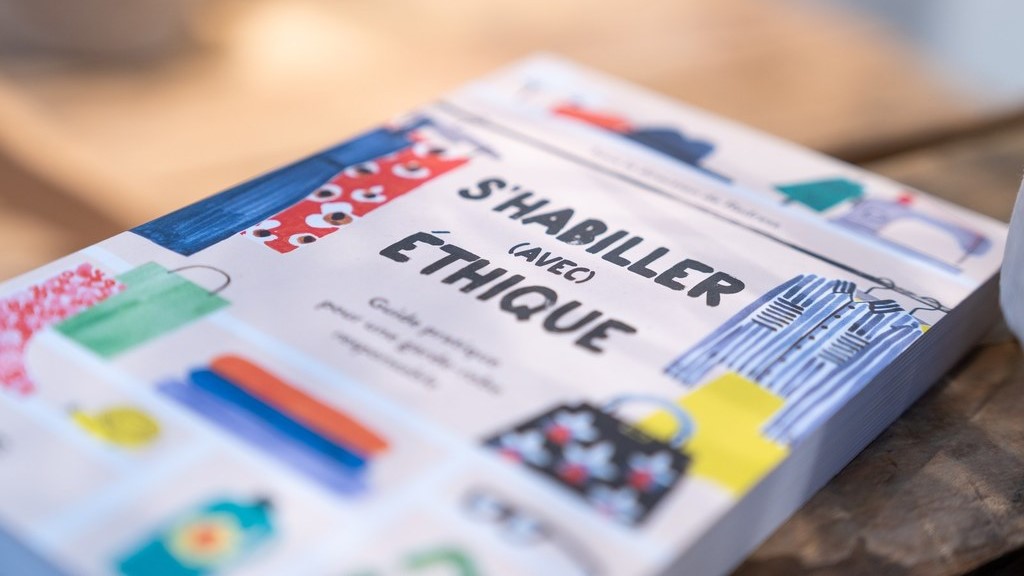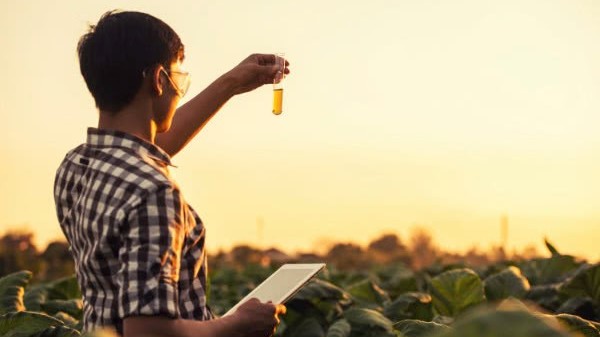In Yanfolila, southern Mali, USCPY, a union of nine mango cooperatives, was accompanied by two coaches from the Trade for Development Centre. The work carried out over the three years of the intervention is impressive. Professionalization of the cooperatives, increased production and sales, and the retention of both members and customers… Their coaches detail the progress made.


